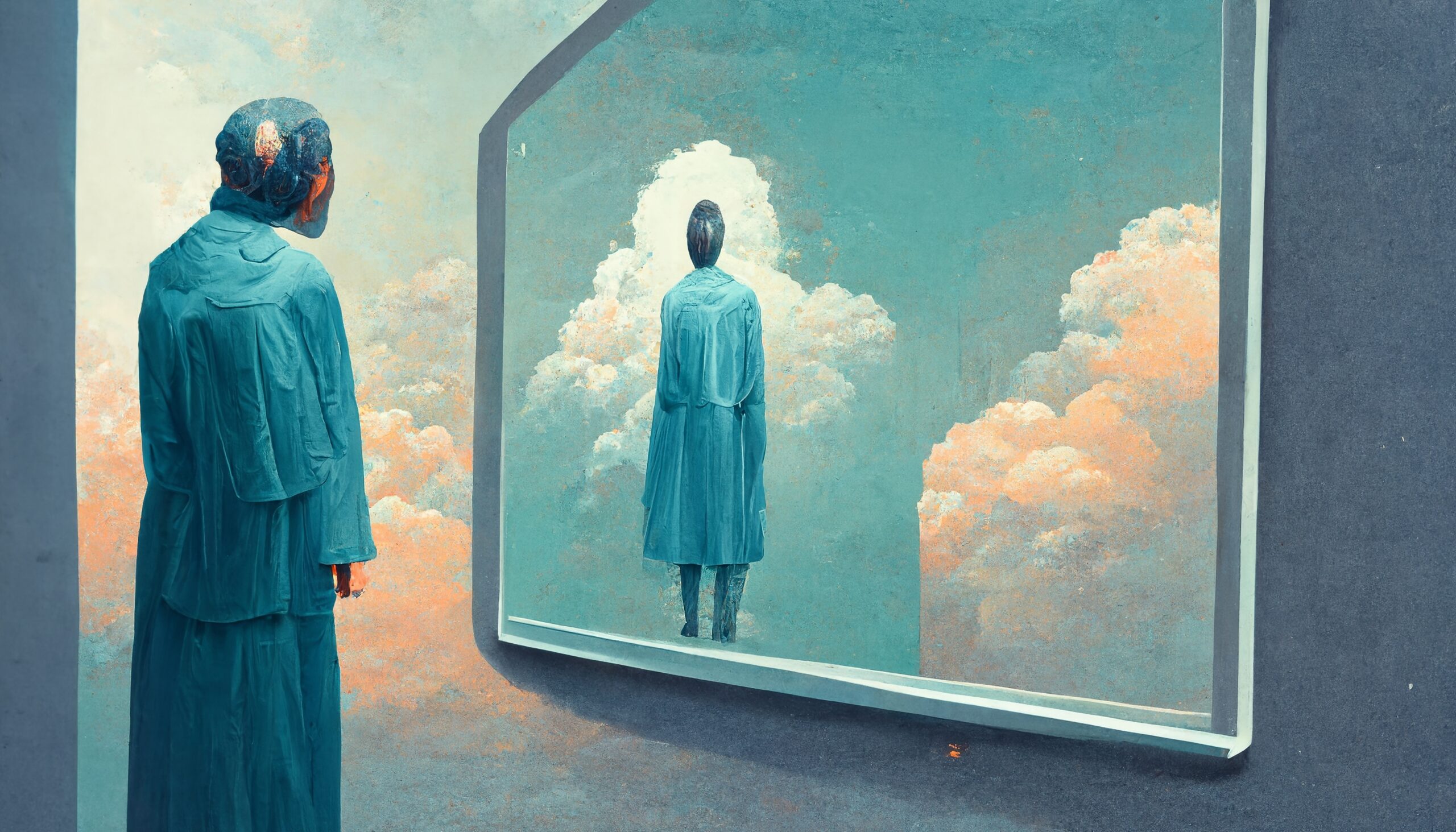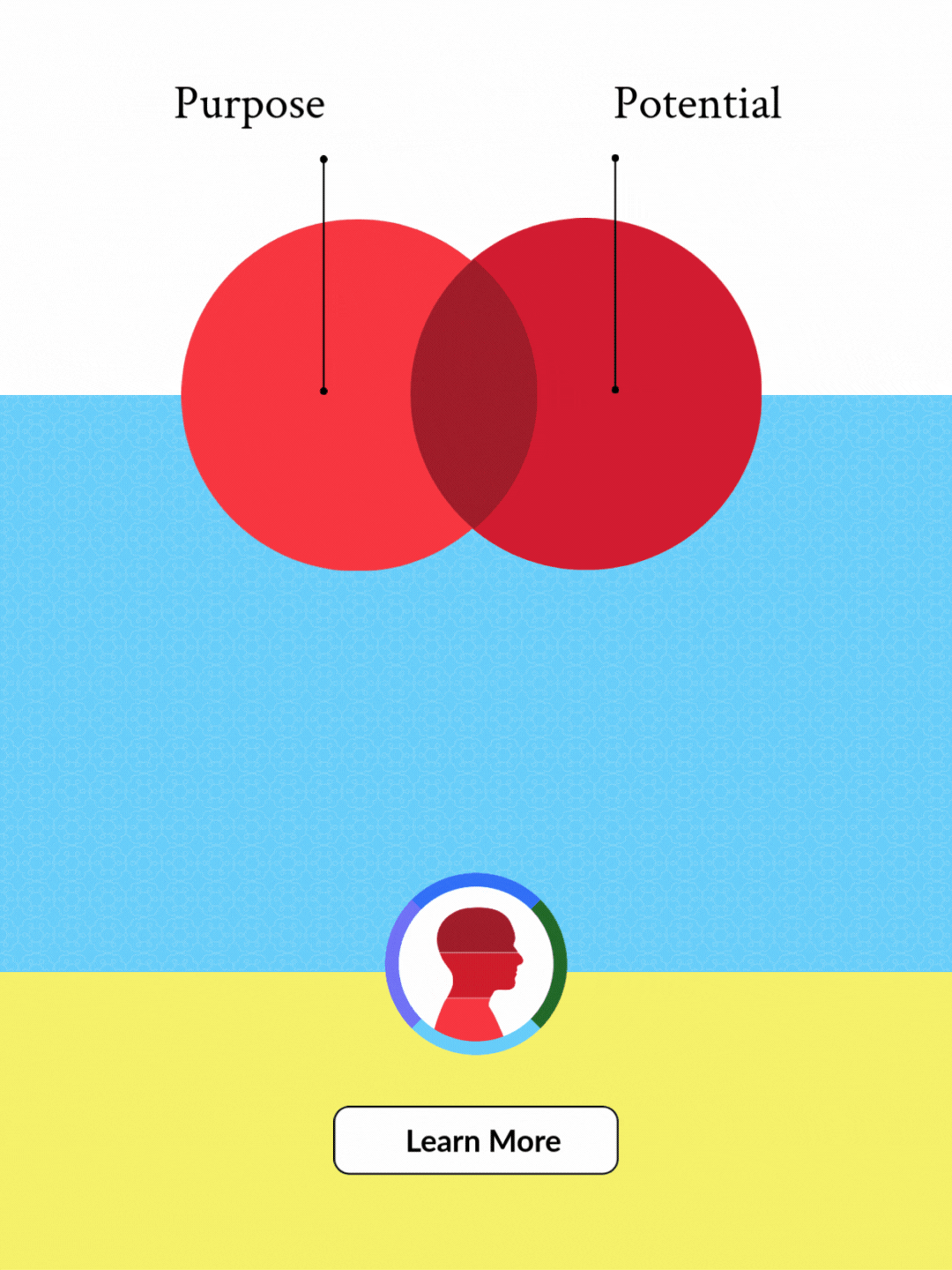Recently, it seems everyone has become an AI expert, confidently proclaiming the value or crises arising with mass AI uptake.
Anticipating the future is important. But it can be just as important to look at the foundational beliefs AI is reshaping. Why? Because, these beliefs will ultimately influence how AI is adopted, deployed, and integrated into modern society.
And at its core, AI is altering our understandings of a philosophical trio: our axiology, epistemology and ontology.
In simple terms, ontology is our theory of reality. It asks: What counts as real? What does it mean to say something exists? Epistemology is our theory of knowledge. It asks: How do we know what we know? What do we trust as truth? Axiology is our theory of value. It asks: Why do we care about some things more than others? What makes something matter?
They’re the deep assumptions that shape how we live, govern, learn, and relate. And because they sit beneath even our most basic assumptions, a shift in any one of them can send ripples through every domain: labour, education, politics, and identity.

Normally, changes in these fundamental philosophies at the societal level take generations or major traumatic events, like wars. But with AI, we don’t have to look far to see the shifts taking place.
AI is changing the way we assign value (axiology) to labour. As machines outperform humans in tasks once seen as uniquely creative or interpersonal, the worth of human contribution is being redefined—less by intention, skill or effort, and more by what machines cannot yet replicate. Survey data from the World Economic Forum found that in 2025, 40% of employers anticipate reducing their workforce where AI can automate tasks.
We’ve entered an age where AI can generate persuasive information faster than humans can verify it. The result? A breakdown in shared standards for what counts as evidence. Truth (epistemology) becomes fragmented—shaped less by facts, and more by virality, bias, and algorithmic reinforcement. In its Q1 2025 audit of the 10 leading AI chatbots, NewsGuard—a popular tool to counter misinformation—found that over 44% of responses either repeated false narratives or offered a non-response when tested with prompts based on significant news falsehoods.
When AI systems simulate human traits—holding conversations or offering companionship—they blur the line between tool and entity. In a world facing a growing loneliness epidemic, it’s no surprise that millions are turning to AI for information, advice, and even intimacy. This shift challenges long-held assumptions about personhood, reality, and what it means to exist (ontology). According to a 2024 analysis by venture capital firm Andreessen Horowitz, companion AI now makes up 16 of the top 100 AI apps by web traffic and monthly active users.
Now, to be clear, AI did not start these philosophical shifts. Axiology, epistemology and ontology have naturally evolved across generations. And these shifts have always led to cascading changes in how we organise society, relate to one another, and make sense of the world.
But AI is acting as an inflexion point in a much longer philosophical drift: a reconfiguration of belief systems that arises when new technologies are introduced.
Take the printing press, for example. It didn’t just make books more accessible; it rewired how knowledge was created, shared, and trusted. The press set in motion a series of far-reaching, often unintended shifts—like the Protestant Reformation, the Scientific Revolution, and the rise of public opinion as a political force. It transformed our epistemology, laying the foundation for everything from the scientific method to mass literacy.
Or take the Industrial Revolution. Across its multiple waves—from steam and steel to electricity and automation—it didn’t just mechanise work; it redefined the worth of human labour. As machines surpassed manual skill, society elevated efficiency, output, and growth as dominant values. This shift didn’t just change how goods were produced; it reshaped how people related to time, productivity, and each other.
Even the advent of digital environments reshaped our ontology, blurring the line between the physical and the virtual, the authentic and the simulated. Today, we trade assets we can’t touch and tip with money that doesn’t exist in any physical form—according to Mastercard’s 2024 global consumer study, 68% of consumers prefer digital payments over cash. What counts as “real” is no longer straightforward.
The difference this time is not that AI is the first technology to reshape our beliefs, but the speed, scale and ubiquity at which it’s doing so.
Our governance systems, legal frameworks, and social contracts were built for a different set of philosophical assumptions. When those assumptions shift faster than our institutions can adapt, we get a dangerous gap where new realities exist but old systems still govern them. Think of how our privacy laws generally lag behind digital reality, for example.
Given this institutional fragility, when trying to gauge the many ways that AI might impact you, instead of forecasting symptoms, examine the root causes.
Viewing AI through the lenses of axiology, epistemology, and ontology won’t capture everything, but it offers a clearer vantage point than chasing headlines or trends. These may not be the only philosophical shifts at play, and they probably won’t be the last, but they help us begin to make sense of the deeper reconfigurations already unfolding.
And if anyone claims to know exactly how this transformation will play out, be wary. In moments of profound transformation, certainty is usually a red flag.
The point isn’t to have all the answers, it’s to start asking better questions.
Tsubasa is a content specialist at GIFT.ed.




